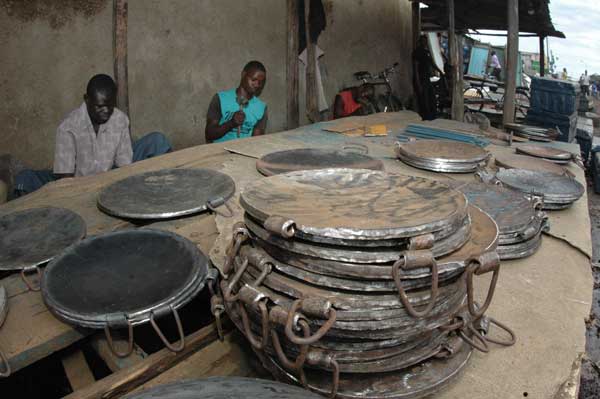Kenya. State to pay pension savings for 15m Jua Kali workers
The Kenya Kwanza regime has pledged to top up by half the retirement savings made by workers in the informal sector in an ambitious plan aimed at more than doubling national savings in the near term.
President William Ruto said his administration will add a shilling for every Sh2 saved by workers outside the formal sector, up to Sh6,000 every year in a planned drive that targets more than 15 million workers in the Jua Kali sector.
“We intend to overhaul our social security infrastructure to make it inclusive. To encourage those excluded to save, I will be proposing a national savings drive to encourage those in the informal sector to set up their retirement savings plan,” Dr Ruto said on Thursday.
“For every Sh2 saved in the scheme up to a maximum of Sh6,000 a year, the government will contribute Sh1 for every Sh2 saved by the private sector.”
The President maintained that savings for pension amongst workers, especially through the state-run National Social Security Fund, was too low to support decent living upon retirement.
Currently, employees in the formal sector save Sh200 monthly as pension through the NSSF, an amount matched by their employers.
The country’s pension savings stood at Sh1.547 trillion last December, a growth of 10.61 percent over Sh1.398 trillion in the prior year, according to the latest statistics from the Retirement Benefits Authority.
This included Sh290.3 billion savings through the NSSF.
“Our current social security infrastructure… only caters for people in formal employment, thereby excluding the vast majority of working Kenyans. There is no retired Kenyan today who is living on NSSF retirement benefits. The meagre current Sh200 contribution a month adds up to Sh72,000 over 30 years,” Dr Ruto said.
He added: “There’s no rate of return on earth that can grow this into an adequate pension. Not surprising many Kenyans scramble to provide for themselves in the 50 by 100 feet plots of land, thereby exacerbating the problem of land fragmentation, price inflation as well as price fraud.”
Read More @BusinessDailyAfrica
273 views










